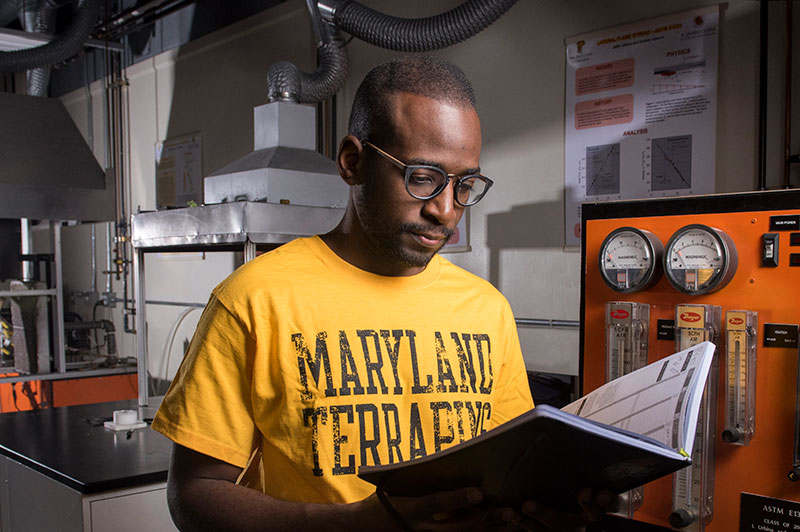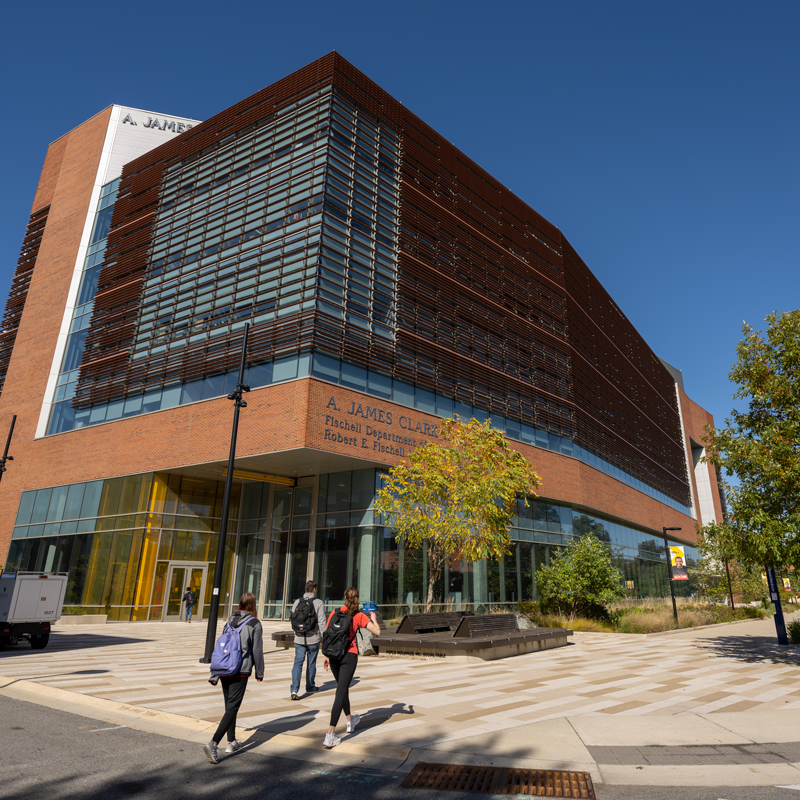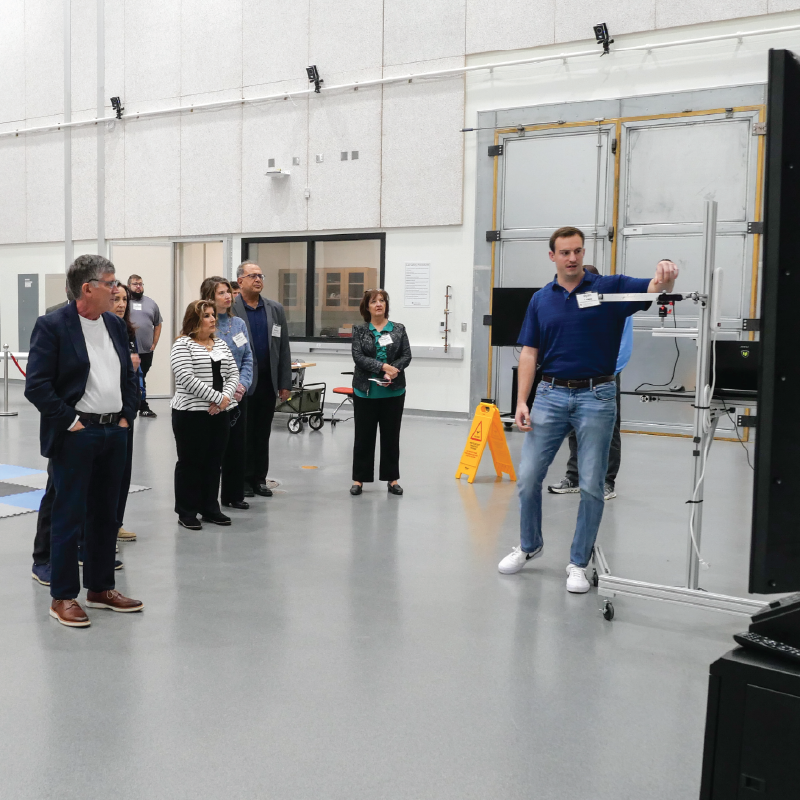News Story
COVID-19's Effect on Fire Protection Engineering and Prevention: A Master of Engineering Alumnus' Perspective

In the spring of 2018, Mohamed Alaabar graduated with his Master of Engineering degree in Fire Protection from the University of Maryland. Today, he is a leader on the frontlines of the COVID-19 pandemic in Bahrain.
As the Head of the Inspection Division at Bahrain Civil Defence’s Protection and Safety Directorate, Alaabar’s office is responsible for ensuring all government and commercial buildings in Bahrain abide by fire protection code. When COVID-19 hit the small country, it was important to Alaabar to not have any gaps in safety inspections. After all, a pandemic does not put a pause on fire safety.
“I pursued my degree in Fire Protection Engineering because I wanted to shift my career from Fire Explosion Engineering toward Prevention. My hope is that investing in prevention and enhancing the safety measures in buildings and structures will lower the number of fire victims.”
With prevention and safety in mind, Alaabar and his team worked with certified fire protection companies to swiftly roll out a virtual inspection program for areas too high-risk for in-person inspections. The priority is to ensure the safety of residents while minimizing risk to their reduced staff.
“A lot of people are spending more time at home—you have to make sure these places are adequate, especially in high-rise buildings, or buildings that need special attention, such as places with complex fire protection systems. Our role remains crucial in ensuring the wellbeing of residents.”
Mohamed Alaabar, M.Eng. Fire Protection Engineering
“A lot of people are spending more time at home—you have to make sure these places are adequate, especially in high-rise buildings, or buildings that need special attention, such as places with complex fire protection systems,” said Alaabar. “Our role remains crucial in ensuring the wellbeing of residents.”
Alaabar came to the University of Maryland to become better equipped to handle challenges like the one Fire Protection Engineers around the world are facing now. “The University of Maryland has one of the best Fire Protection programs in the United States. Also, when you study in the U.S., you are getting up-to-date knowledge and skills.”
Alaabar acknowledges that every country is handling COVID-19 differently, but that the skills he learned from Maryland taught him to adapt to new situations and bridge the gap between different fire protection codes, standards and practices across the world. His favorite courses were Human Behavior, Advanced Fire Suppression Systems and Fire Alarm Systems. “Our instructors challenged us with materials which allowed us to think outside the box and outside our comfort zone,” he says.
Though he is a half-world away, Alaabar still remains connected to the University of Maryland community. “Looking back at my experience at Maryland, it was both enjoyable and challenging. I was able to make a lot of connections and friendships that I am still in contact with to this day.”
Published July 14, 2020









